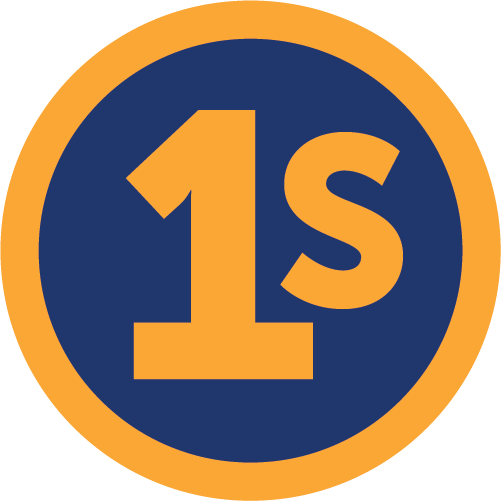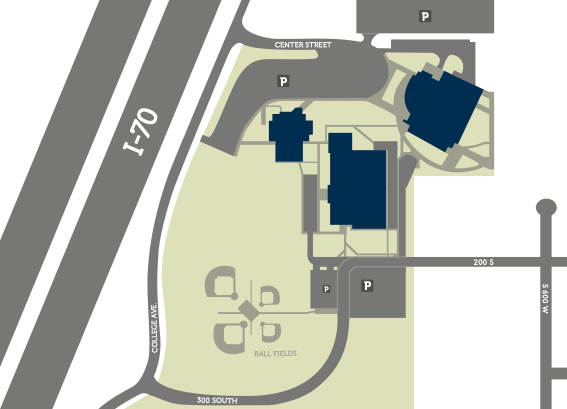Composites
From aerospace to infrastructure, prosthetics to sporting equipment, advanced composites are all around us. Due to the durable and lightweight nature of advanced composites, the demand for them continues to grow. By earning your Composite Technician certification at Snow College, you’ll be ready for an exciting career with endless possibility for growth.
Skills Taught
- Composites uses, applications, and safety
- Curing and cross-linking polymer resin systems
- Design considerations in laminates and core parts
- Layup techniques4
- Handling of composites materials
- Composites molding processes
- Core material properties
- Precision measurement tools
- Material handling and shop safety
Career Options for Graduates
- Aerospace Composites Manufacturing
- General Composites Manufacturing
- Composite Fabrication and Repair

One Semester (18 credits)
Certificate of Proficiency

Tuition*
$1850, $85/credit
Student Fees
$192
* Tuition and fees are subject to change.

Tools
$20 (approximate)

Books
$200 (approximate)

Fall

Spring

Summer
Students may start this program at the beginning of fall, spring and summer semesters. (August, May and June)

3.5% Growth
Job Outlook

$32,000-$44,000
Annual Median Salary

Richfield Campus

Technical Certificate in Composites
| Course # | Title | Credit Hours |
|---|---|---|
| TECM 1000 | Composite Basics | 2 |
| TECM 1010 | Basic Composite Fabrication | 2 |
| TECM 1020 | Bluepring Reading | 1 |
| TECM 1040 | Workplace Success | 1 |
| TECM 1100 | Advanced Composite Fabrication | 3 |
| TECM 1110 | CNC Composite Processes | 2 |
| TECM 1200 | Autoclave Processing | 1 |
| TECM 1210 | Filament Winding | 2 |
| TECM 1220 | Quality Assurance | 2 |
| TECM 1230 | Metrology | 1 |
| TECM 1800 | Composite Capstone I | 1 |
| TECM 1810 | Composite Capstone II | 2 |
| Total Credits | 20 |
This program follows a Competency Based Education (CBE) format. CBE measures your mastery of the subject material (rather than how many hours you spent in class) to determine if you earn credit. CBE is about what you know and can do, not how many hours you spent learning it.
CBE courses contain the same assignments, instruction videos, quizzes, etc., as the regular online version of the class. The main difference is that in a CBE class, most of those lessons and activities are optional (and not graded). You will complete as many (or few) as you need to learn the material. When you feel you’re ready, you can take the assessment. If you pass with an 80% or above, you may move on to the next section. If you score below 80%, you will need to review the material before retaking the assessment. Students are expected to keep up on work, attend labs and externships. Falling behind may result in failure of courses and an inability to complete the program. For more detailed information about Competency Based Education (CBE), please visit: snow.edu/cbe
To receive more information about our programs and applying for scholarships - sign up here.
